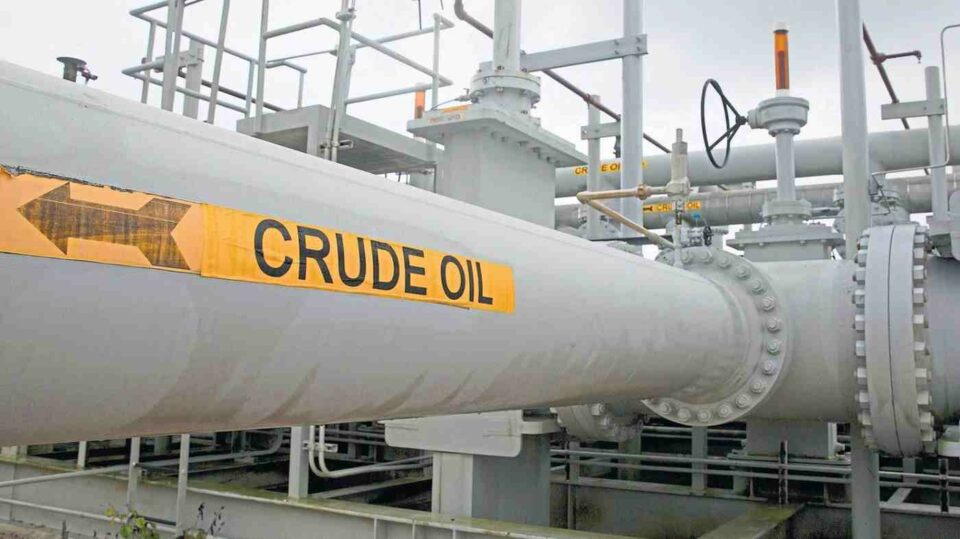Reliance Industries Recalibrates Russian Oil Imports, Aligns with Indian Government Guidelines
In a significant move with global implications, Reliance Industries Ltd (RIL), India’s largest private refiner, has announced it is recalibrating its crude oil imports from Russia. This strategic shift is a direct response to the evolving guidelines from the Indian Government (GoI) and intensifying Western sanctions targeting Russian energy exports.
A company spokesperson confirmed the ongoing process, stating, “Recalibration of Russian oil imports is ongoing and Reliance will be fully aligned to GoI guidelines on the extent of recalibration.” This decision marks a pivotal moment for India’s oil procurement strategy, which had heavily leaned on discounted Russian crude since the 2022 invasion of Ukraine.
From Discounts to Due Diligence: The Context Behind the Shift
Following the outbreak of the Russia-Ukraine war, Indian refiners, including RIL, capitalized on steep discounts for Russian seaborne crude. India rapidly became the top destination for these shipments, a boon for refiners’ margins and the country’s import bill.
However, the landscape has shifted. The U.S. and European Union have progressively tightened sanctions, now targeting Russian oil majors and complicating financial and logistical chains. This has placed Indian procurement under intense international scrutiny, forcing a strategic review to mitigate compliance risks.
What Does “Recalibration” Mean for RIL’s Operations?
The term “recalibration” suggests a measured, strategic adjustment rather than an abrupt cessation. For RIL, which processes over a million barrels per day at its massive Jamnagar refinery, this involves a careful balancing act.
In practice, recalibration means:
-
Diversifying Sourcing: Relying less on Russian crude and increasing imports from traditional suppliers in the Middle East, as well as from Latin America and the North Sea.
-
Managing Geopolitical Risk: Reducing exposure to sanctioned entities and avoiding potential secondary sanctions that could disrupt operations.
-
Aligning with National Policy: Ensuring that corporate strategy dovetails with the Indian government’s directives on energy security and foreign policy.
This transition will necessitate changes in shipping logistics, contract negotiations, and the quality mix of crude processed at its refineries.
Converging Pressures Driving the Change
Several key forces are compelling this change in RIL’s strategy:
-
Intensifying Western Pressure: The U.S. has linked trade threats and tariffs to India’s continued purchases of Russian seaborne crude, creating significant diplomatic and economic pressure.
-
Expanding EU Sanctions: European restrictions are now targeting refined products made from Russian crude oil, even if processed in third countries like India. This directly threatens RIL’s export business and adds layers of compliance complexity.
-
Business and Compliance Risks: The increasing regulatory and logistical hurdles make Russian crude less attractive, overshadowing the initial benefit of discounts.
Implications for India’s Oil Industry
RIL’s move signals a broader trend for India’s oil sector. While Russia will likely remain a supplier in the short term, the era of heavy reliance is ending. The industry is pivoting towards a more diversified and secure sourcing model to ensure long-term stability.
This strategic shift away from Russian crude may tighten global supply chains and influence price dynamics, as Indian refiners re-engage more deeply with Middle Eastern and other international suppliers.
The Bottom Line
Reliance Industries’ recalibration of Russian oil imports is a landmark decision, shaped by the intertwined forces of geopolitics, sanctions compliance, and national policy. It underscores the delicate balance India’s largest refiners must strike: securing affordable energy for the nation while navigating an increasingly complex and sanctioned global market. For RIL and India, this is a cautious but clear step towards de-risking its energy supply chain.

